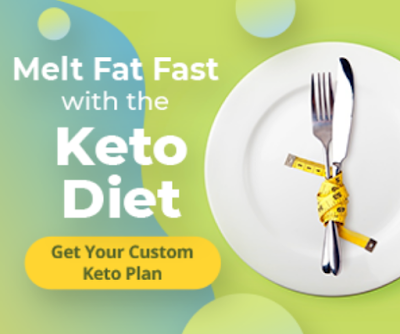Should you try the keto diet?
Advertised as a miracle in weight loss But this diet plan is a medical diet with serious risks.
In the world of diet diets, low-carb, and high protein eating plans tend to attract attention. The Paleo, South Beach, and Atkins diets all fit into that category. This is sometimes called the ketogenic diet or "keto" diet.
But the real ketogenic diet is different. Unlike other low-carb diets that focus on protein, the keto plan is focused on fat, providing up to 90% of your daily calories. And it's not the type of food to try, it's an experiment.
“The keto diet is primarily used to help reduce the frequency of epilepsy in children, while trials for weight loss are also being conducted. But only short-term outcomes were studied, and the results were mixed. It works for the long term or is safe. Warns registered dietitian Kathy McManus, director of nutrition at Brigham and Women's Hospital at Harvard.
How does the keto diet work?
The basic information is as follows. The keto diet is intended to force your body to use different types of fuel. Instead of relying on sugar (glucose) that comes from carbohydrates. (Eg grains, legumes, vegetables, and fruits). The keto diet relies on the body of ketones, a type of fuel the liver produces from stored fat.
Burning fat seems to be a great way to lose weight. But navigating the liver to make ketones is tricky:
- You must refrain from carbs yourself with less than 20 to 50 grams of carbs per day. (Note that a medium banana contains about 27 grams of carbs.)
- It typically takes a few days to go into ketosis.
- Eating too much protein can interfere with ketosis.
What do you eat?
Because the keto diet has a high fat requirement, followers are required to consume fat each day on a 2,000-calorie diet daily. It may seem like 165 grams of fat, 40 grams of carbohydrates, and 75 grams of protein. However, the exact ratio depends on the specific needs of the keto diet. you
Some healthy unsaturated fats are allowed in the keto diet, such as nuts. (Almonds, walnuts), seeds, avocados, tofu, and olive oil. But should use saturated fat from oil (Palm, Coconut) Lard, Butter, and Cocoa Butter in high quantity.
Protein is part of the keto diet. But they generally don't distinguish between lean protein foods and protein sources high in saturated fats such as beef, pork, and bacon.
How about fruits and vegetables? All fruits are rich in carbohydrates. But you can eat some fruits. (Usually berries) In small quantities, vegetables (rich in carbohydrates) are limited to green leafy vegetables. (Such as kale, Swiss chard, spinach), cauliflower, broccoli, cabbage, asparagus, bell peppers, onions, garlic, mushrooms, cucumbers, celery, and summer squash. 1 cup chopped broccoli has about 6 carbohydrates.
The risks of the keto diet
The ketogenic diet carries many risks. Top of the list: It's high in saturated fat, McManus recommends that you eat no more than 7% of your daily calories as saturated fat, as it is linked to heart disease. And of course, the keto diet is linked to an increase in the "bad" LDL cholesterol linked to heart disease.
Other keto risks include:
Malnutrition "If you are not eating a wide variety of fruits, vegetables, and whole grains, you are at risk of deficiency of micronutrients, including selenium, magnesium, phosphorus, and vitamins B and C," McManus says.
Liver problems When large amounts of fat are burned, food can make existing liver conditions worse.
Kidney problems The kidneys help metabolize protein, and McManus says the keto diet can cause too much. (The current recommended intake for the average protein is 46 grams per day for women and 56 grams for men.)
Constipation. Keto diets are low in fiber, such as whole grains and legumes.
Vague thoughts and mood swings "The brain needs healthy carbohydrate sugars to function. Low-carb diets can cause confusion and frustration," McManus said.
These risks are increased, so be sure to consult your doctor and registered dietitian before trying the ketogenic diet.
What about other foods?
Popular low-carb diets (such as Atkins or Paleo) modify the actual keto diet. But there is also a risk if you eat too much fat and protein and quit carbs. So why do people follow food? "They're everywhere, and people hear from time to time that they work," McManus says. Theories about the success of a low-carb diet in the short term include decreased appetite because fat is burned more slowly than carbs. "But again, we don't know about the long-term," she says, "and eating a restricted diet, no matter what the plan, is difficult to maintain. When you return to your normal diet, the weight will return."







No comments:
Please do not enter any spam Link in the comment box.